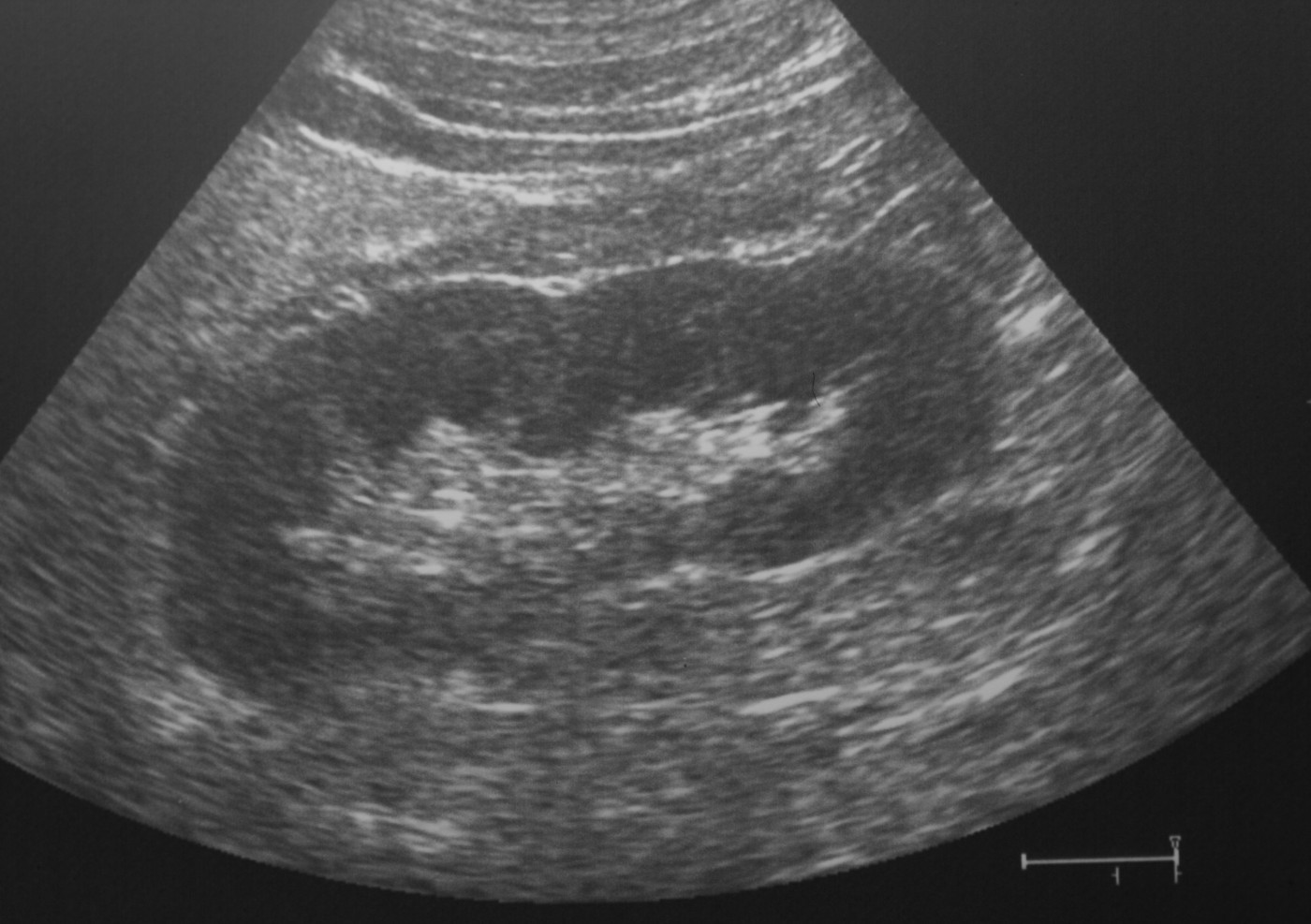Renal Papillary Necrosis in Sickle Cell Patients Studied in Nigeria

Researchers investigated renal papillary necrosis (RPN), a chronic complication of sickle cell anemia, and found low incidence in South-Eastern Nigerian sickle cell anemia patient cohort, but higher association rates with female patients.
The study, “Prevalence and associations of symptomatic renal papillary necrosis in sickle cell anemia patients in South-Eastern Nigeria,” was published in the Nigerian Journal of Clinical Practice.
RPN is characterized by coagulative necrosis – cells in tissues die from an inadequate blood supply or from an obstruction of the blood supply in an organ or tissue region – of the renal medullary pyramids and papillae.
The authors performed a retrospective study of 220 patients who recruited from an adult sickle cell clinic in Nigeria from June 2005 to April 2014. A diagnosis of RPN was attributed when patients presented with microscopic hematuria (blood in urine), confirmed also by ultrasound analysis.
Patients were evaluated based on parameters that included age, sex, frequency of vaso-occlusive crisis per annum, diastolic blood pressure and steady-state platelet count, white cell count, hemoglobin concentration, serum aspartate transaminase, and direct bilirubin. The data was correlated with the occurrence of papillary necrosis.
From the population of 220 patients, who averaged age 24, authors found 2.3 % with symptoms of RPN. RPN occurred mostly among female gender. Predictors of disease severity were found in age, diastolic blood pressure, serum aspartate transaminase, serum bilirubin 0.145, hemoglobin, and leukocyte count.
The lack of association in the study group may indicate that chronic complications in those patients were influenced by other reasons including environmental and genetic factors. Researchers agreed that continuous and improved care to sickle cell anemia patients in the study is required to reduce chronic complications, such as RPN.






